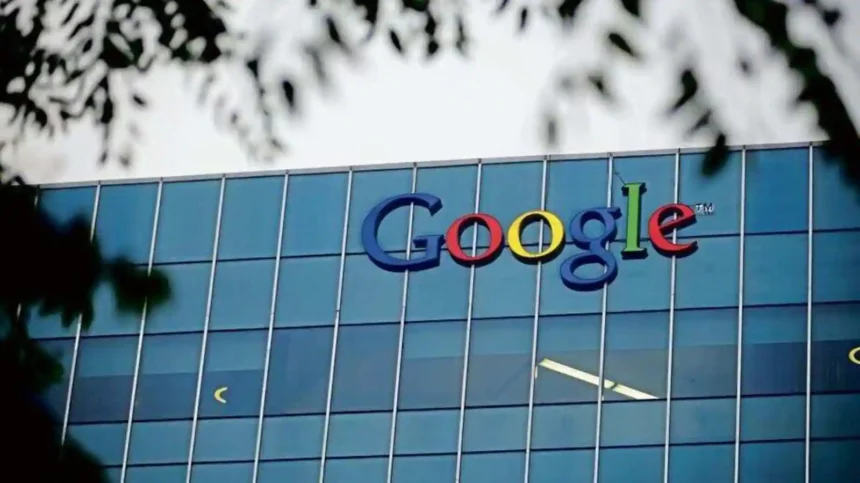Startups around the world are considering collective legal action against Google’s billing system. According to the startups, the system is rigged in favor of the tech giant, and they are paying more than they should be. The billing system in question is Google’s in-app purchase system, which charges a 30% commission on all transactions made through it. Startups are arguing that the commission is too high and puts them at a disadvantage. In particular, they claim that Google’s billing system makes it difficult for them to compete with larger companies that have more resources to pay for the high fees. Additionally, startups say that Google’s billing system doesn’t provide enough transparency, making it difficult for them to understand how much they are being charged. The issue has been simmering for years, but it came to a head last year when Epic Games, the company behind Fortnite, filed a lawsuit against Google and Apple over their in-app purchase systems. In the lawsuit, Epic Games claimed that Google and Apple were monopolizing the market by charging high fees and not allowing alternative payment systems. The lawsuit is ongoing, but it has sparked a broader conversation about the fairness of Google’s billing system and its impact on small businesses.
Startups are now looking to take collective legal action against Google to challenge its billing system. They are hoping to get the commission reduced to a more reasonable level and to increase transparency in the system. The startups argue that they should have more control over how they charge their customers and that Google should not be able to dictate the terms. One possible avenue for legal action is antitrust laws. In the United States, antitrust laws are designed to prevent companies from monopolizing a market or engaging in anti-competitive practices. Startups could argue that Google’s billing system is anti-competitive because it makes it difficult for them to compete with larger companies. Additionally, they could argue that Google’s dominance in the mobile app market gives it too much power over small businesses. Another potential legal argument is breach of contract. Startups could argue that Google’s billing system violates the terms of their agreement with the tech giant. Specifically, they could claim that the 30% commission is not a reasonable fee and that it goes against the principle of fair competition.
Regardless of the legal arguments, it is clear that startups are feeling frustrated and marginalized by Google’s billing system. They argue that the system is not transparent enough, and they don’t have enough control over how they charge their customers. Additionally, they claim that the high fees are putting them at a disadvantage and making it difficult for them to compete with larger companies. Startups mulling collective legal action against Google’s billing system is a significant development in the ongoing debate about the fairness of the tech giant’s in-app purchase system. Small businesses are feeling frustrated and marginalized by the system, and they are looking for ways to challenge it. Whether they choose to pursue antitrust laws or breach of contract claims, startups are determined to make their voices heard and demand changes to the system. It remains to be seen how successful their legal action will be, but the fact that they are coming together to challenge Google is a sign of their determination and resilience.



